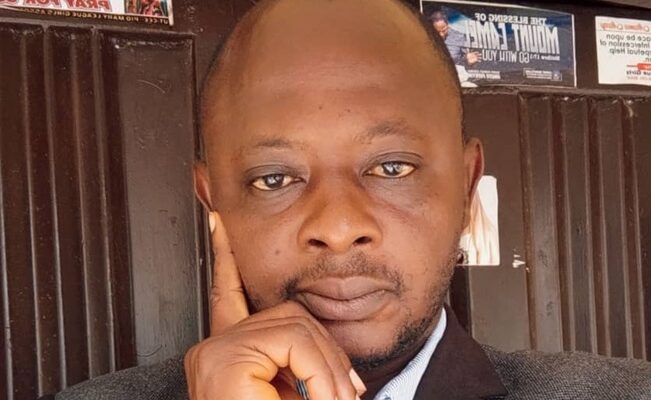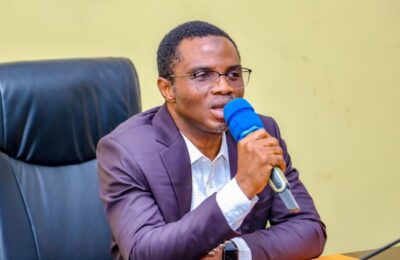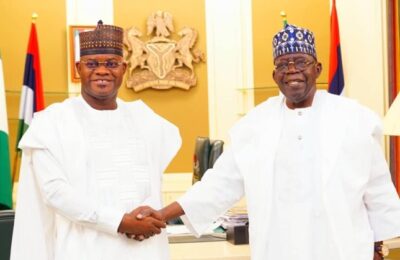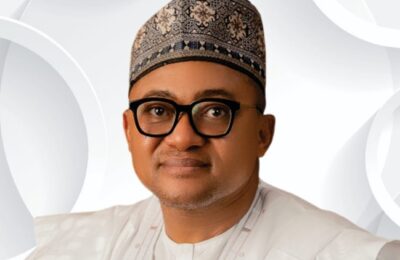The age of complacency is over. The sweetheart deal that long defined Nigeria’s political order—where loyalty was purchased with patronage and silence was the price of access—must finally expire. The people are restless, and the streets are whispering for truth. From Abuja to Asaba, from Sokoto to Ibadan, the rhythm of discontent grows louder. Citizens no longer crave flamboyant promises; they demand credibility. The political class must now confront a sacred truth: Nigeria has matured beyond propaganda. If President Bola Ahmed Tinubu must continue to rule beyond 2027, he must restore the moral spine of leadership and govern with inclusion, truth, and viewpoint diversity.
The question confronting Nigeria is not whether power can be retained, but whether it can be justified. Tinubu’s government stands at a delicate intersection—between the exhaustion of the old and the anticipation of the new. The President’s experience and political dexterity are unquestionable, but history is unkind to leaders who mistake authority for immortality. To secure legitimacy and continuity, he must open the gates of governance to all shades of opinion, even to those who did not vote for him. The Nigeria of today demands not blind loyalty but visionary leadership—one that listens, reforms, and corrects itself when wrong.
The collapse of public trust in successive administrations has its roots in exclusionary governance and the arrogance of the political class. Citizens have watched for decades as governments turned democracy into a marketplace of deceit. When only a few benefit from national resources, patriotism withers. Tinubu must now prove that his presidency is not an extension of that cycle. To rebuild trust, he must prioritize transparency, institutional independence, and the restoration of citizens’ voices in policy-making. True reform begins when leaders treat criticism not as sabotage but as civic participation.
Viewpoint diversity is the oxygen of democracy. Nigeria’s strength lies not in uniformity but in her multiplicity—of tribes, tongues, and convictions. A government that fears dissent is a government that fears growth. If Tinubu’s leadership must endure, it must embrace ideological plurality: opposition parties must be engaged, not silenced; journalists must investigate without intimidation; and the youth must be empowered to question, not coerced to comply. A democracy without debate is but a dictatorship in disguise.
Moreover, Nigeria’s socio-political fabric can no longer withstand the weight of exclusivity. Governance must become an orchestra where every voice, no matter how small, contributes to the national melody. The President must see beyond partisanship and surround himself with thinkers, reformists, and critics capable of reshaping public institutions. For the nation to progress, policy must be informed by data, empathy, and the wisdom of diverse perspectives—not by sycophancy and recycled loyalties.
Tinubu’s legacy will not be measured merely by infrastructure or foreign partnerships but by the depth of trust he rebuilds between government and governed. He must initiate a covenant of sincerity—a return to the people’s mandate where leaders are servants, not masters. Every reform must reflect accountability; every decision must echo justice. To continue ruling with credibility come 2027, Tinubu must become the President of all Nigerians—not of one party, one region, or one religion. He must transcend tribal sentiments and govern with the consciousness that diversity, when properly managed, becomes strength, not a threat.
The truth is unambiguous: the Nigerian people have endured too much deceit to tolerate another season of selective governance. The era of secret deals, patronage, and political entitlement must end. Power without moral legitimacy is self-destructive. To restore public faith, Tinubu must institutionalize transparency, embrace dissent as a democratic necessity, and ensure that every Nigerian—irrespective of tribe or ideology—feels seen and heard.
The sweetheart deal is over. The illusion of control has faded. The Nigerian electorate is awake and watching. If the President must continue beyond 2030, he must earn it—not through propaganda, but through principle; not through coercion, but through character. Only then can Nigeria rise from the ruins of broken promises and march confidently toward a future anchored in truth, inclusion, and collective renewal.
– Inah Boniface Ocholi writes from Ayah – Igalamela/Odolu LGA, Kogi state.
08152094428 (SMS Only)




